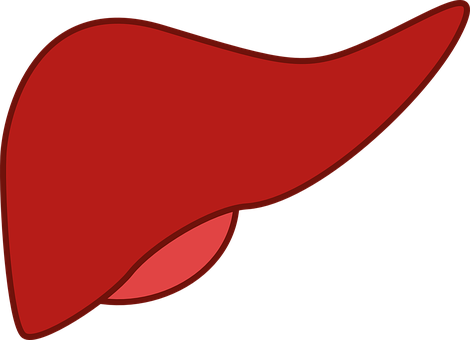Could Liver Diseases Patients (Cirrhosis, Fatty Liver and Hepatitis) consume protein or protein supplements?
Liver is responsible for cleaning the toxins from the bloodstream. Complete protein makes liver function healthy and repair damaged tissue. our body doesn’t make 9 important amino acids which are needed to make a complete protein. Certain conditions such as cirrhosis and hepatitis make it more difficult for the liver to function.
https://sparklinglifestyle.in/surya-namaskar-back-to-ancient-practice/
According to expert, high protein diets can help the liver regeneration. Again, evidence is mixed. Some study shows, if a patient has cirrhosis, food in high protein or protein supplement can cause the high level of ammonia in the body to soar.
If patient has cirrhosis or any other serious Liver diseases, moderate portion (quantity) of protein should be advisable. Cirrhosis of liver lead to impaired liver function, weight loss, loss of appetite and nausea.

Causes; -Hepatitis, heart failure, certain autoimmune conditions, excessive alcohol consumption and nonalcoholic fatty liver.
Compounds found in spinach and other leafy greens may help fight fatty liver diseases, due to polyphenols found in greens.
In liver diseases, it is important to get enough Calories and high quantity protein each day such as legumes, lentils and premium quality supplements.
Adding moderate portion of protein food in every meal and snack can fulfill overall protein requirement and may help to prevent muscle loss.
Cirrhosis can impact our liver’s ability to produce bile, for fats digestion, bile is necessary.
Hence, unprocessed fat such as nuts, salmon fish, avocado and olive oil are good in moderation. Seeds are anti-oxidant, which are helpful to prevent non-alcoholic fatty liver.
Cirrhosis and other liver diseases can impair our immune system. Therefore, it is best to avoid alcohol, raw meat, eggs and seafood.
Ascites is common complication of cirrhosis. So, limit to consume sodium to prevent ascites, characterized by abdominal fluid buildup in the abdomen.
Because of that cirrhosis can increase protein needs and negative impact of liver’s ability to store carbs.
Lastly, such vitamins and minerals may help to manage cirrhosis and other liver conditions.

In the conclusion, the best diet for cirrhosis and other liver conditions should be low protein, complex carbs rich meals and snacks.
Additionally, Zinc, Vitamins D, K and B-complex are liver friendly nutrition.
Although, liver cirrhosis is not reversible, but modifying diet lifestyle may help to prevent complications.



Leave a Comment